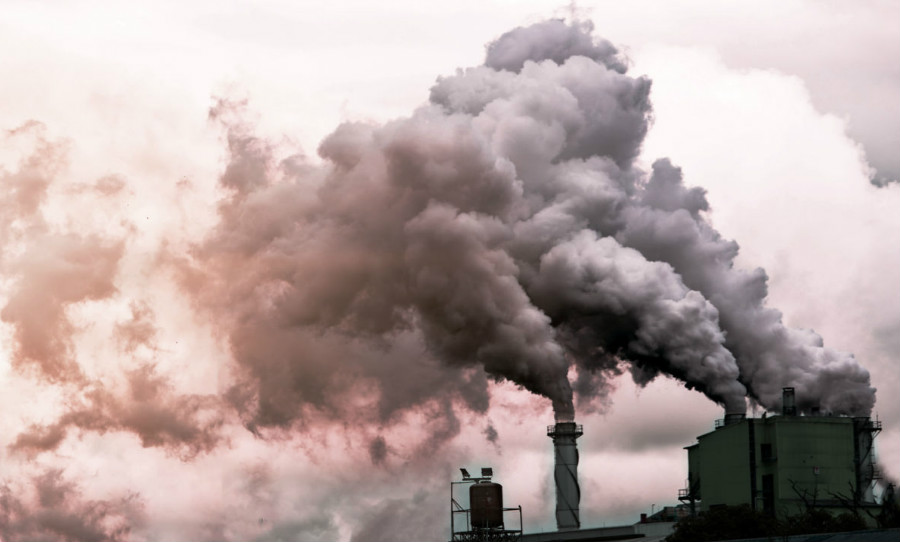According to new research by French think tank The Shift Project, online video streaming produces about 300 million tonnes of carbon dioxide (CO2) a year and porn sites and streaming platforms each account for 100 million tonnes of that.
To put that into perspective, countries like Belgium, Bangladesh, and Nigeria each emit roughly 100 million tonnes of CO2 a year overall – so basically online streaming produces a shit load of CO2.

A new study has shown that streaming services like PornHub and Netflix could each be generating the same amount of CO2 as yearly emissions in Belgium, Bangladesh and Nigeria.
In many ways, our shift away from physically tangible media such as CD’s and DVD’s has been an environmentally-friendly move, saving thousands of pieces of plastic from ending up in landfill. However, the digital mediums that we’ve replaced these with aren’t necessarily that much better for the environment.
All of the seasons of TV series’, ready-to-stream movies and seemingly infinite caches of homemade porn are stored in data centres, and are brought to you by physical networks of cables, optical fibres, and modems. All of those things require electricity, the production of which usually creates CO2 emissions.
The Shift Project report estimates that online video streaming accounts for about 20 per cent of greenhouse gas emissions coming from all digital devices – this includes the energy used to actually make the devices – and that it also represents roughly 1 per cent of global greenhouse gas emissions overall.
Porn makes up 27 per cent of all the world’s online video traffic, and in 2018, the streaming of porn generated the same amount of CO2 as all the households in France. The annual greenhouse gas emissions from online streaming services such as Netflix and Amazon Prime are roughly similar to those of a country like Chile.
“For individuals, upgrading our devices less often, owning less devices, and not demanding mobile high-quality internet connection everywhere are probably the most important actions we can take,” Chris Priest of the University of Bristol, UK suggested when speaking to New Scientist.
The report suggests a shift towards a kind of “digital sobriety.” This process includes using the lowest definition of video possible, reducing your consumption and “being more selective about what one watches.”
So if you didn’t already have a good enough reason to close PornHub and go out there and enjoy the real world, here it is, do it for the environment.



